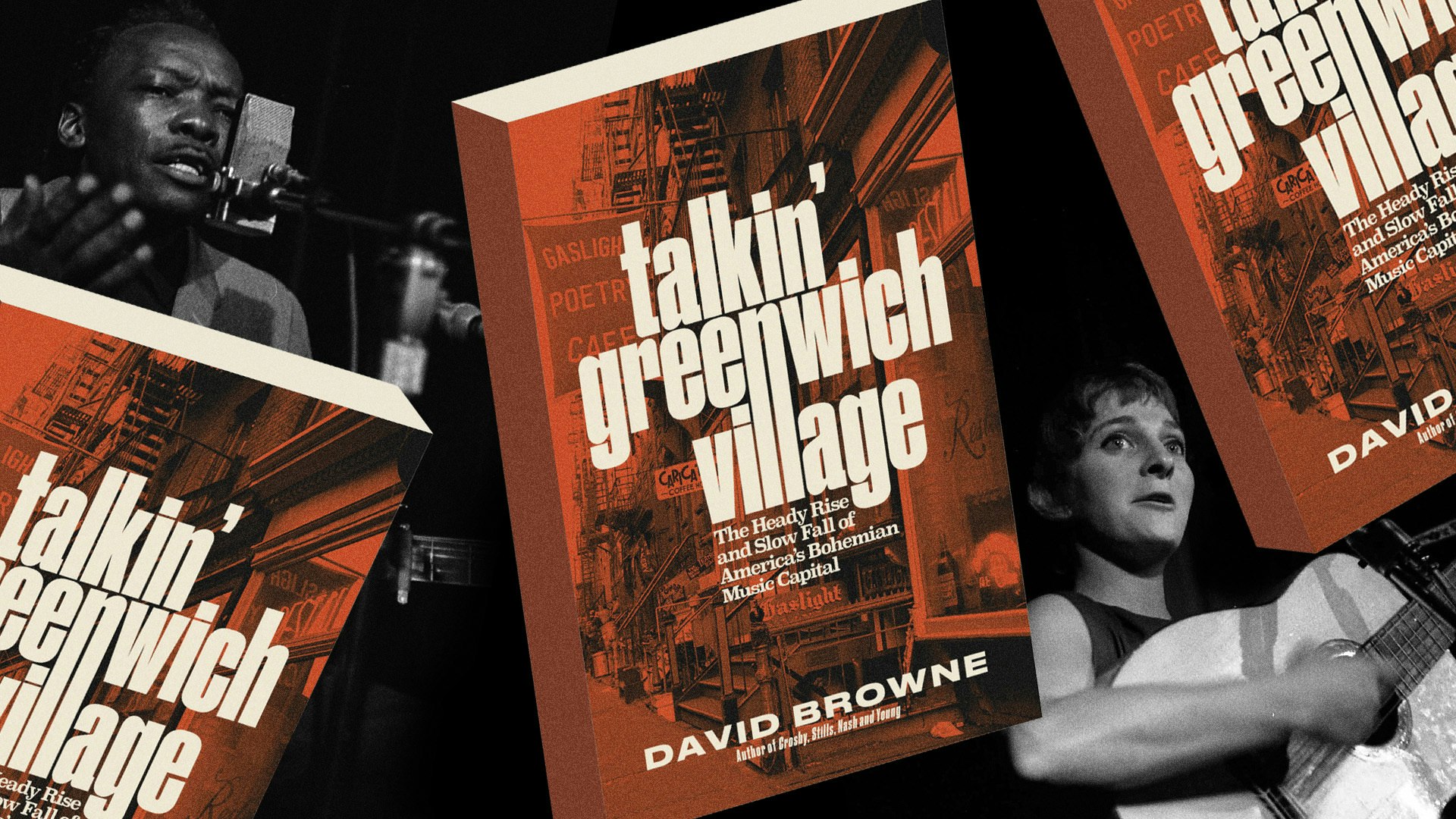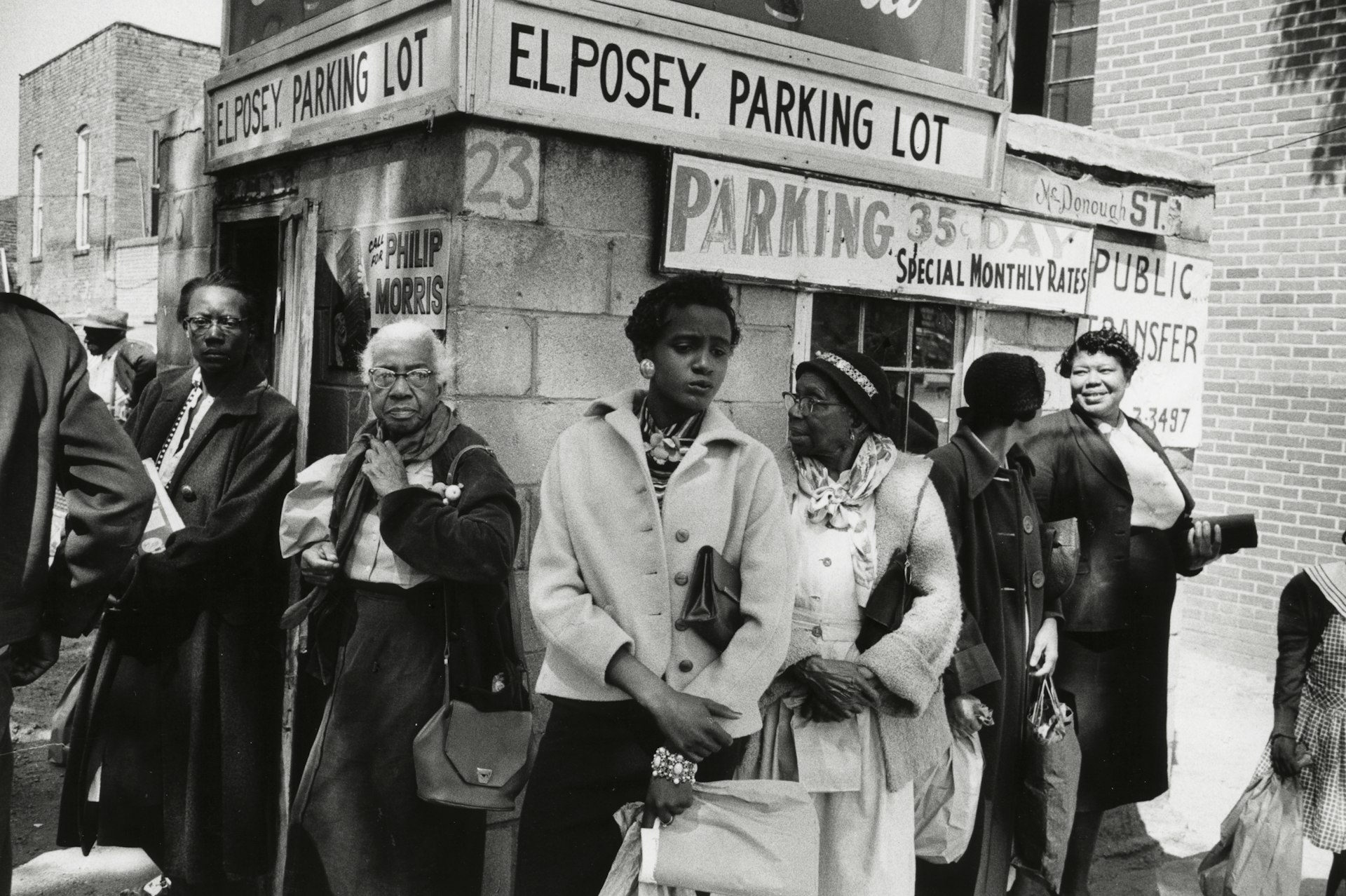Deyaz is confronting raw emotion through music
- Text by Jeremy Allen
- Photography by Theo McInnes

Deyaz is sitting in a North London pub reflecting on his formative busking days with fondness. “I’d be in Camden all day, and some days I’d make two quid playing for ten hours and I’d be having a great time. Then other days, I’d come out of the station, jump the turnstile, and I’d make two hundred quid in the first hour.”
It’s been a year since the 23-year-old has been back to the area, where he lived briefly after a stint in L.A. and Glasgow. It’s a place where he used to come and play his guitar and sing for his supper as a teenage tearaway: “I busked here on a weekly basis for my food, my rent, my everything that I am. I learned a lot of stuff in Camden.”
The East London-born singer has been something of an inveterate couch surfer since his parents left for Devon to start a new life and bring up Deyaz’s younger brother in a safer environment. He was a street-savvy middle child who was determined to stick it out in the city and make his own way. “I was doing drugs and drinking from about 13, basically,” he admits. “People might say my parents were completely wrong [to leave me here], but no, I was a little fuck. No parent would want me.”


A relative latecomer to making music, Deyaz sees himself as an artist producer rather than a singer songwriter, his “introverted nature” meaning he never intended to put himself on the front line as a performer. A few years ago, he uploaded some songs to SoundCloud under the title “Why Not?” with the intention of selling his wares. He wasn’t instantly swamped with followers, but music industry and management types began to get in touch. Somehow, he found himself making the transition from backroom writer-for-hire to the cynosure.
It had all started with an acoustic guitar, bequeathed to him by his older brother. “He came home with a classical guitar one night for, I believe, £10 and a cheeseburger from Maccy D’s. That was the deal [he negotiated]”. It turned out to be a propitious exchange. Deyaz started playing the instrument after picking up a sporting injury, ending any promise of a footballing career. Out of boredom, he found himself jumping onto YouTube and began teaching himself to play with free tutorials. Quickly, he was able to pick notes out of the air as he listened to them. He began scouring secondhand shops for old records of Mozart and Beethoven, following along by ear as the crackly vinyl rotated on his brother’s old hi-fi. Deyaz picked up other instruments and began learning the ropes as a producer.

The Guildhall recognised a prodigious talent, and offered him a scholarship to study jazz on Silk St, a stone’s throw from the Barbican. Had he continued with the course then it would have been a fast track to the conservatoire, eventually performing jazz and classical professionally, though he found little in the way of solidarity among his peers: “A lot of the students could sight-read and I couldn’t,” he remembers. Deyaz would bluff his way through pieces, playing the correct notes but doing it by ear or from memory. This seemed to offend the sensibilities of his more formally-tutored classmates. “They would say to the teachers, ‘I’ve done the homework sight-reading, I’m reading the music so why isn’t he?’ The teachers eventually gave in because I guess the other students were paying. In the end, I said – in the most non-hostile way – ‘fuck off’, because music has always been a very personal outlet for me.”
Deyaz describes his way of writing as a “spiritual process”, excavating the rawer emotions that reside within, saying “those feelings of sadness shouldn’t be neglected”. It’s an inscrutable process that can elicit questions: “Sometimes my partner says, ‘What is that about? Are you sad right now because your life is good — financially you’re doing decent, you get food, we have a house. What’s the issue? Why are you writing so many depressing songs?’” Success, measured in appearances on Later… with Jools Holland or a fan base growing exponentially, can easily conceal what lies beneath, though Deyaz says he always felt misunderstood: “I’ve suffered with severe anxiety and depression since I was a very young kid and it wasn’t something my parents could understand.”

If success used to be easily quantifiable by chart placings and appearances on Top of the Pops, then Deyaz is a very modern pop singer. He bypasses the conventional structures of the music industry, communicating directly with his fans via social media (he has over 112,000 followers on Instagram and is fast approaching 900,000 on TikTok). His latest single, ‘I’ll Scream’, started out simply as a verse, which he uploaded to the internet from his living room. The huge wave of feedback encouraged him to keep going. Albums can wait – right now he has a dialogue with his fans where songs appear symbiotically: “With ‘I’ll Scream’, I literally uploaded five lines to TikTok called ‘Idea One’, and people just connected with it. It’s got a real buzz, which I’m so grateful for.”
Deyaz returned home to the capital in the last year after signing a publishing deal with a view to writing for other artists. He’s managed to find some stability with his partner and their three dogs, though they may be on the move again soon. “I’m currently in Tottenham but I’m looking to find somewhere else in the next month or two. Hopefully to a more stable area than Tottenham, which has proved to be difficult for me. The crime there is just stupid.”
While Deyaz’s living situation is often in flux, his career appears to be on a more sound footing, especially where songwriting is concerned. While he might emote from personal experience, he has a canny knack of representing the human condition succinctly without ever becoming mawkish, personal songs instantly become universal ones. He may play guitar and sing with feeling, but he’s an antidote to the plethora of middle class white boys in hats who’ve taken over the charts in recent years in the wake of the phenomenal success of artists like Ed Sheeran. A song like ‘Bitter’ goes way deeper than your typical singer songwriter fare, laying bare his addiction to prescription drugs, which he’s been managing of late.
“I had a really bad opioid addiction up until last year,” he tells me, “and I overdosed, sadly. That was really embarrassing for me, but I am never afraid to identify my shortcomings, because hopefully I can help or represent young children who come from dysfunctional situations. I’m completely committed to helping people on a larger scale, and I believe if I help them, I’m helping myself as well.”

‘I’ll Scream (All the words)’ is out now.
Follow Jeremy Allen on Twitter.
Follow Theo McInnes on Instagram.
Enjoyed this article? Like Huck on Facebook or follow us on Twitter.
Latest on Huck

In the ’60s and ’70s, Greenwich Village was the musical heart of New York
Talkin’ Greenwich Village — Author David Browne’s new book takes readers into the neighbourhood’s creative heyday, where a generation of artists and poets including Bob Dylan, Billie Holliday and Dave Van Ronk cut their teeth.
Written by: Cyna Mirzai

How Labour Activism changed the landscape of post-war USA
American Job — A new exhibition revisits over 70 years of working class solidarity and struggle, its radical legacy, and the central role of photography throughout.
Written by: Miss Rosen

Analogue Appreciation: Emma-Jean Thackray
Weirdo — In an ever more digital, online world, we ask our favourite artists about their most cherished pieces of physical culture. Today, multi-instrumentalist and Brownswood affiliate Emma-Jean Thackray.
Written by: Emma-Jean Thackray

Meet the shop cats of Hong Kong’s Sheung Wan district
Feline good — Traditionally adopted to keep away rats from expensive produce, the feline guardians have become part of the central neighbourhood’s fabric. Erica’s online series captures the local celebrities.
Written by: Isaac Muk

How trans rights activism and sex workers’ solidarity emerged in the ’70s and ’80s
Shoulder to Shoulder — In this extract from writer Jake Hall’s new book, which deep dives into the history of queer activism and coalition, they explore how anti-TERF and anti-SWERF campaigning developed from the same cloth.
Written by: Jake Hall

A behind the scenes look at the atomic wedgie community
Stretched out — Benjamin Fredrickson’s new project and photobook ‘Wedgies’ queers a time-old bullying act by exploring its erotic, extreme potential.
Written by: Isaac Muk